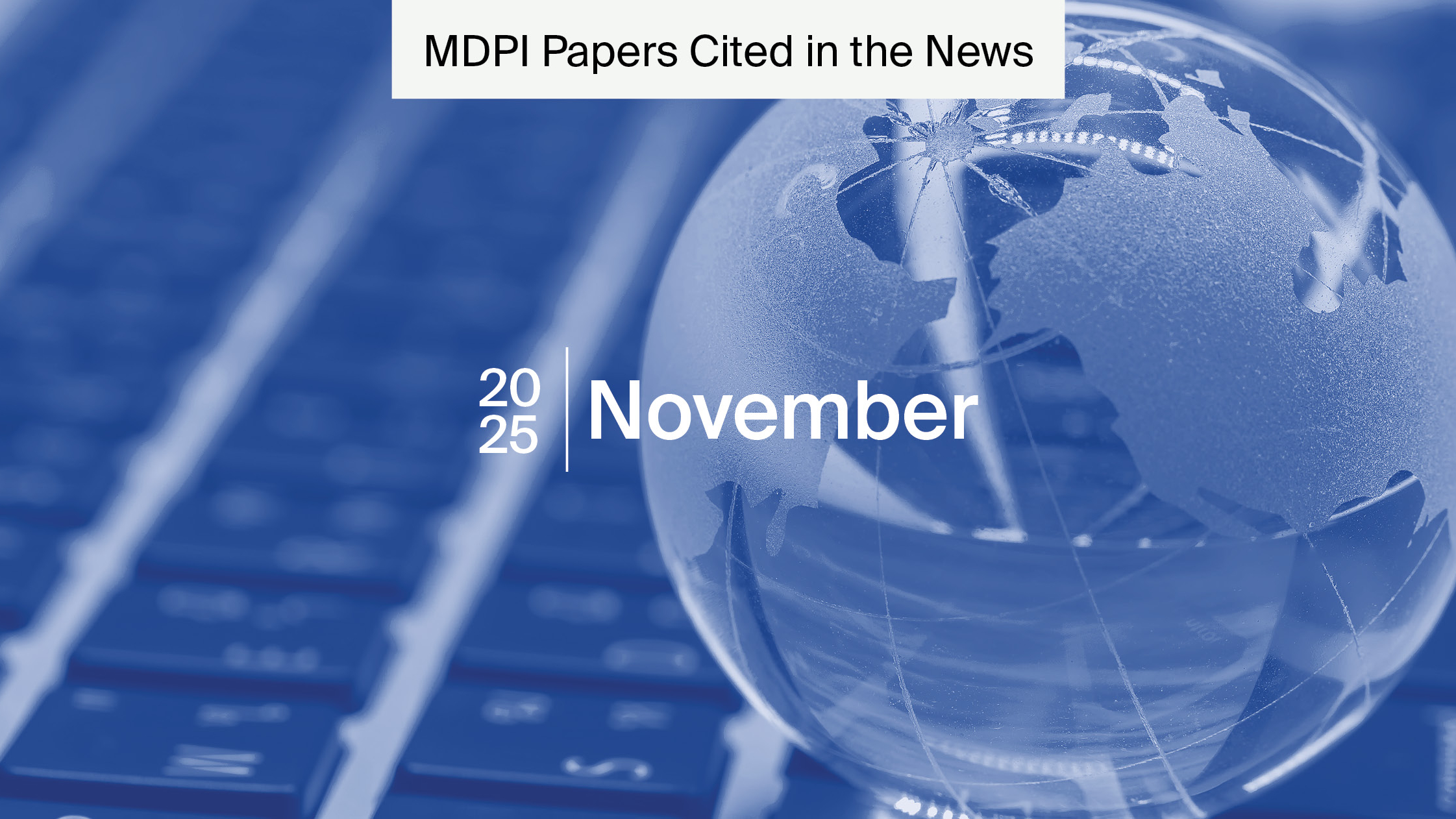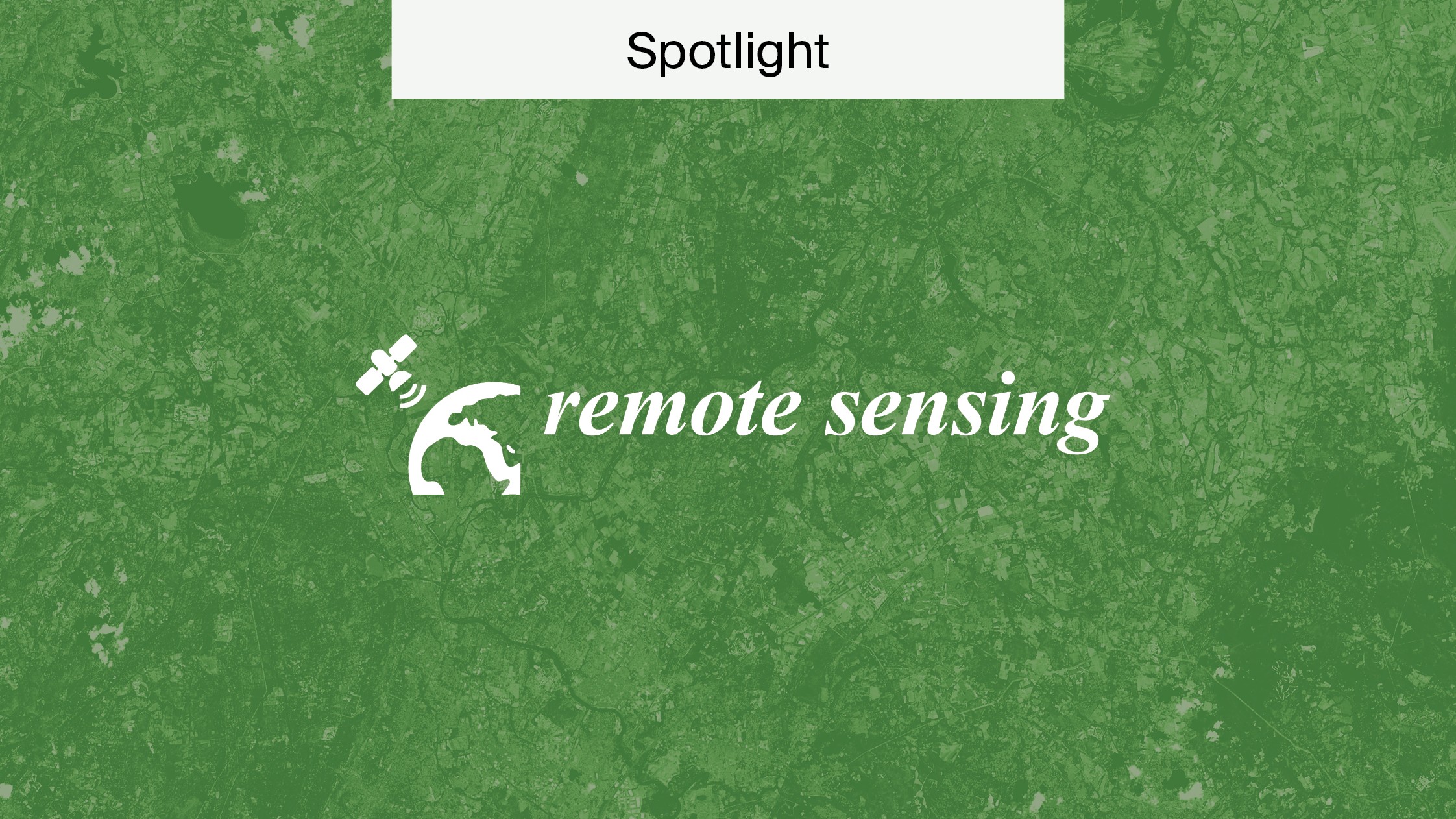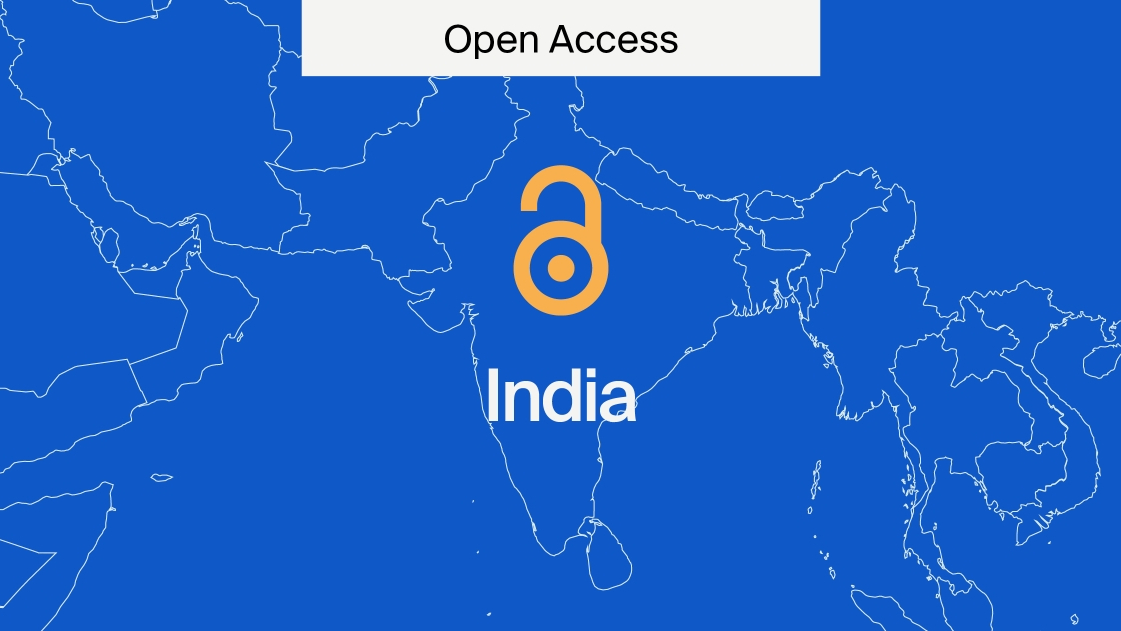
Authorship FAQ: Interview with Scientific Officer
Authorship refers to the person or persons involved in the production of a manuscript. It’s used to designate credit for specific work completed on a manuscript. This is important for authors academic reputation and social and financial implications. There are four criteria that MDPI authors must qualify for this, following the guidelines provided by The International Committee of Medical Journal Editors (ICMJE). However, all criteria follow the standards developed by the Committee on Publication Ethics (COPE).
If you want to learn more about the details of authorship, see our article Guide to Authorship.
Interview with Scientific Officer Dr Michael O’Sullivan
The Scientific Officers act as the bridging point between the academic community and MDPI as a publisher. Coming from academic backgrounds themselves, a large portion of their work involves liaising with the academic community. This is to ensure that they can advise on MDPI’s policies and practices so that the company reflects the wants and needs of researchers.
As part of this, they are frequently called to advise on complex issues that require both scientific expertise and a deep understanding of academic publishing. This means they have deep insight into some of the most frequent issues that come up related to research integrity and ethics.
They work very closely with the full Ethics team at MDPI. Ensuring our policies and practices are up-to-date and reflective of industry standards.
Dr Michael O’Sullivan is a scientific officer in organic chemistry. He has a background in editorial work, starting as an assistant editor and then becoming a publishing editor. Because of this, he has a lot of knowledge in the publishing process.
Here is an interview with one of our scientific officers, Dr Michael O’Sullivan, on frequently asked questions regarding authorship.
Common Mistakes that Authors Make Regarding Authorship
One of the most common errors is that authors are unsure of what qualifies as authorship. In some cases, researchers are added as authors who really should not have been. This inadvertently ends up “gifting” authorship to these people. The opposite also occurs when authors leave others off the authorship list. Despite having contributed to the work in a way that qualifies them for authorship. Authors are expected to carefully consider authorship before manuscript submission.
Any changes to the author list should be made during the editorial process, before manuscript acceptance. Authorship changes, including any addition, removal, or rearrangement of author names, will require the approval of all authors, including those to be removed. If the manuscript has already been published, requests for a change in authorship will be evaluated and require the publication of a correction.
We encourage all authors to familiarize themselves with the ICMJE criteria for authorship, which MDPI uses as its standard. COPE also provides guidelines on authorship.
Tips for Authors to Consider Before Submitting their Manuscript
Authors should check the authorship criteria of the journal to which they are submitting. If the journal does not have any specific criteria, then check the publisher’s web pages. However, a good rule of thumb is to ensure that all authors adhere to the ICMJE criteria for authorship before the manuscript is submitted. MDPI’s policy on authorship can be found here.
Establishing Contribution in Larger Research Groups
In an ideal situation, everyone involved should be aware before they do work on the project, if their contribution would avail them of authorship or not. The lead author should also keep track of those who were involved. As well as allowing all authors to review the manuscript and sign off on the final version before publication.
If authorship is retained by the consortium or group, the consortium or group should be listed as an author. Individual consortium or group author members listed in the author byline must qualify for authorship according to ICMJE guidelines.
Authorship Disagreements
In an ideal situation, this would be resolved before the publication of the manuscript. However, there are always times when this isn’t the case.
In the instance where a disagreement arises, be it with an author wishing to be removed or added. The complainant should first speak to the listed authors of the manuscript. If all authors agree to add or remove an author, then the process is much simpler. To ensure an expeditious process, it is advised that the complainant inform the university of the dispute at the same time as (or before) they contact the publisher.
Many publishers are not able to resolve authorship disputes until the university has ruled, so having this process already rolling will massively help speed up the authorship change procedure. COPE provides a useful guide on how to reduce disputes between authors.
Role of AI in Authorship
AI cannot be cited as an author as it cannot fulfil some of the ICMJE criteria. While it can be used to aid study design and assist in drafting the work, it cannot provide approval for the final version of the manuscript, and it cannot be held accountable for all aspects of the work.
AI’s Role in Publication Ethics in the Future
It’s not yet clear how AI will affect publication ethics in the future, as the true scope and ability of AI when it comes to research publications have yet to be explored. However, we at MDPI are following the guidance set by COPE on the matter. We are continuously updating our policies to reflect the rapidly changing landscape of AI and its presence in the publishing industry.
Other Resources
If you had any questions regarding authorship we hope that this answered your questions. However, if you need further information we also have articles on topics such as Ethics in Open Access Publishing and Ethical Considerations in Artificial intelligence.










